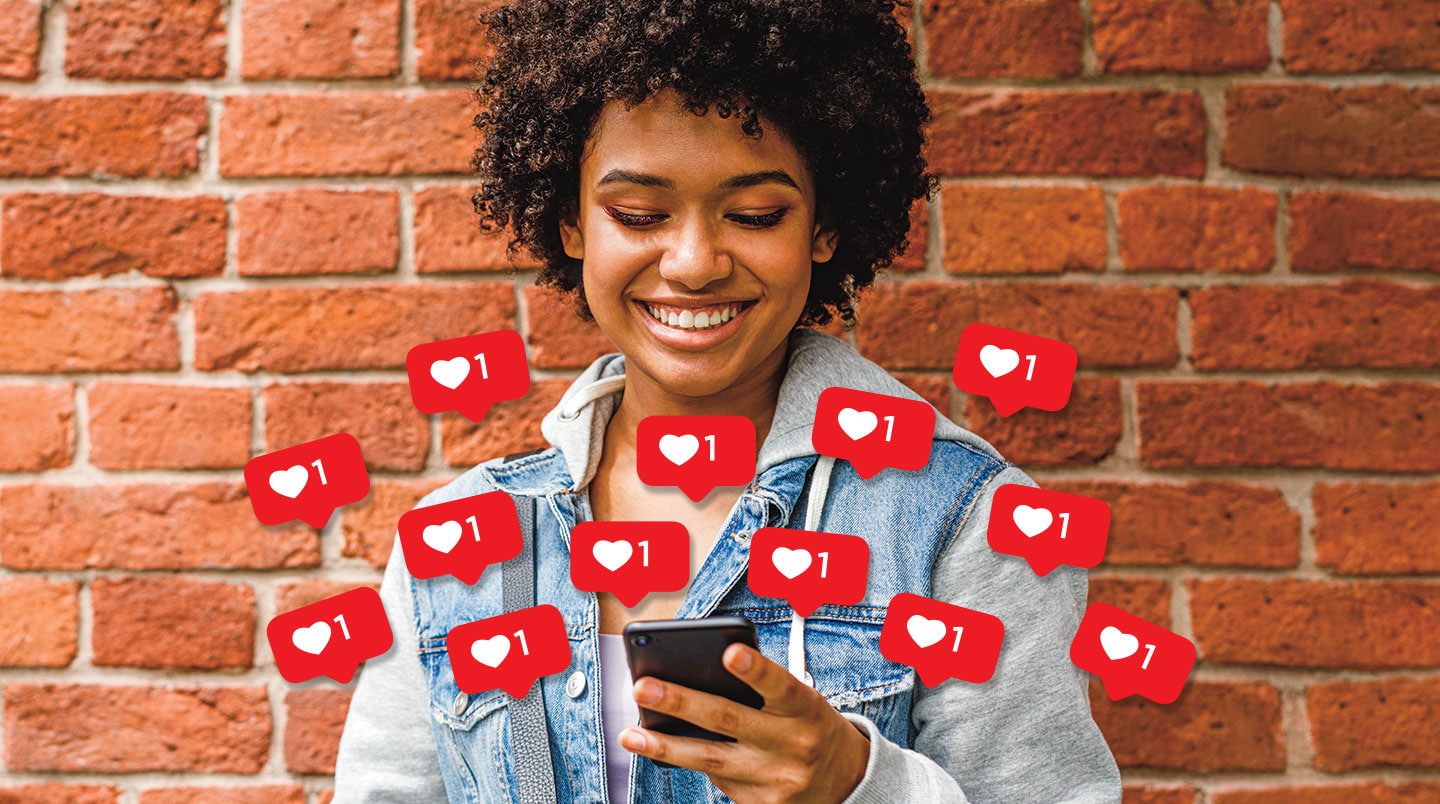After sorting through dozens of selfies, you pick just the right one and post it on Instagram. When you check back a few minutes later, you’re excited to see that it already has 11 likes.
But then you notice that a selfie your friend just posted already has 50 likes. You know you shouldn’t compare yourself with your classmate, but you can’t help it. You start to wonder whether your photos would get more likes if you were to change your hair or wear different clothes.
Instagram is hugely popular, especially among teens. For many users, seeing what other people are posting—and liking their pictures—is a pleasure. But for other users, the constant pressure to get a ton of likes can hurt their self-confidence or make them feel anxious and depressed.
That is a big reason officials at Instagram are considering hiding like counts (the number of likes an image receives) from public view. Only the person who posts an image would be able to see how many likes it gets. The company is currently testing this format with some users worldwide.
“We hope this test will remove the pressure of how many likes a post will receive so you can focus on sharing the things you love,” says Mia Garlick, a company executive.
But would hiding like counts—or dropping them altogether—really help users feel better about themselves? Teens are divided over the issue.

